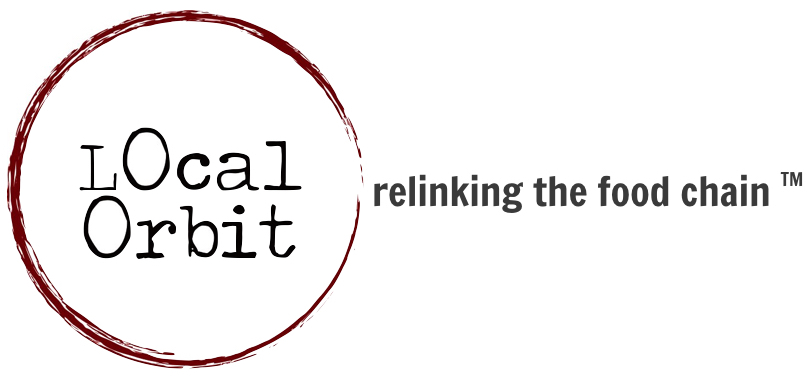 Deadlines for many provisions of the Food Safety Modernization Act (FSMA) will be in effect this fall. While there is still significant confusion surrounding the language of many FSMA rules, the FDA recently the clarified definitions of “food facility” and “retail food establishment” as they related to small producers with CSA’s, farm stands and other direct-to-consumer sales.
Deadlines for many provisions of the Food Safety Modernization Act (FSMA) will be in effect this fall. While there is still significant confusion surrounding the language of many FSMA rules, the FDA recently the clarified definitions of “food facility” and “retail food establishment” as they related to small producers with CSA’s, farm stands and other direct-to-consumer sales.
Smaller operations worried they would need to adhere to strict registration and certification requirements to continue their direct-to-consumer businesses, but it looks like that’s no longer a concern.
Note that many aggregation and local food distribution businesses will still be considered a food facility requiring certifications and FDA registration. To learn more about the requirements, visit the National Sustainable Agriculture Coalitions FSMA resources page.
The National Sustainable Agriculture Coalition describes the changes in detail. Original available here.
FDA Final Rule Provides Needed Clarity for Local Food Producers
Washington, D.C., July 13, 2016 – The National Sustainable Agriculture Coalition (NSAC) welcomes the issuance of the Food and Drug Administration’s (FDA) final rule amending the Food Safety Modernization Act (FSMA) requirements for food facility registration. The local and regional farm and food community has long awaited this final rule, which provides much-needed clarity for direct marketing farms and food enterprises, preventing undue regulation of these businesses.
By redefining the term “retail food establishments”, the FDA provides clear distinctions between which farms and related businesses are subject to “food facility” registration under the Preventive Controls Rule, and which are not. Thanks to this new language, farmers and small food enterprises primarily selling value-added products directly to consumers can now rest assured that they are not subject to food facility registration requirements or regulations.
“For family farmers, one of the most concerning things about the new FSMA rules has been this confusion over classification of farms and registration requirements,” said NSAC Policy Specialist Sophia Kruszewski. “Conflicting and misleading guidance on farms that do or do not qualify as retail food establishments has been the order of the day for over a decade. Congress settled the matter in FSMA in 2010. We are pleased to see FDA finalize this long overdue clarification, and on first glance are optimistic that the final rule reflects the intent of Congress to shield local food producers who directly market to consumers from ill-fitting federal requirements.”
In FSMA, Congress clarified that sales through direct-to-consumer sales platforms like roadside stands, farmers markets, and community-supported agriculture (CSAs) operations were included within the exemption for retail food establishments. This amendment was sponsored by Senator Jon Tester (D-MT) and former Senator Kay Hagan (D-NC) and was strongly backed by NSAC.
The clarification serves two important purposes. First, it reinforces that CSAs, farmers markets, roadside stands, and other direct-to-consumer operations that sell the majority of their food directly to consumers are not food facilities, do not have to register with FDA as facilities, and therefore are not subject to the Preventive Controls Rule.
Second, it clarifies that the location of the direct sales does not trigger the facility definition – for example, delivering a CSA box to an off-farm location where customers could pick up their boxes would not make that location a “facility”. Neither, as the final rule makes clear, would use of an off-farm commercial kitchen to process value-added goods.
“We applaud FDA for addressing our comments and recommendations on the proposed rule,” said Kruszewski. “NSAC will analyze the rule thoroughly and provide more detailed information in the coming days.”
###
About the National Sustainable Agriculture Coalition (NSAC)
The National Sustainable Agriculture Coalition is a grassroots alliance that advocates for federal policy reform supporting the long-term social, economic, and environmental sustainability of agriculture, natural resources, and rural communities. Learn more: http://sustainableagriculture.net
